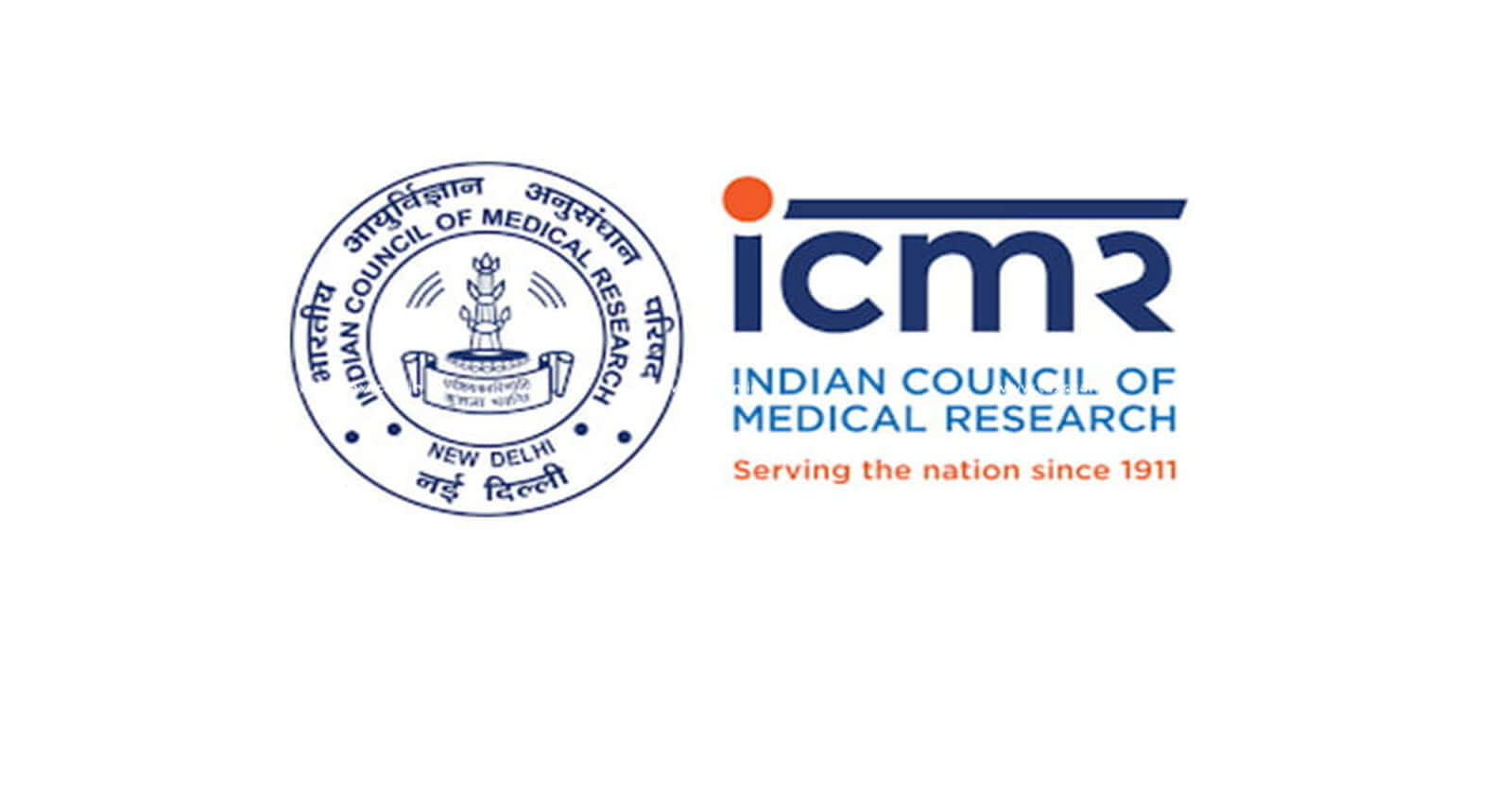New saliva test aims to reduce IVF side effects and improve pregnancy rates: Study
Thu 15 May 2025, 00:19:46

A simple saliva test can help improve the chances of IVF, according to a new study by Swedish researchers.
The findings, published in peer-reviewed Frontiers in Endocrinology, has found that a genetic test could reduce harmful side effects for women undergoing fertility procedures.
Led by Yvonne Lundberg Giwercman from Lund University, the research highlights how personalised hormone therapy, based on a woman’s genetic makeup, can lead to more successful pregnancies.
About 15% of couples of reproductive age struggle with infertility. A growing number of people are postponing parenthood, leading to a sharp increase in assisted reproduction methods like IVF.
However, IVF treatments come with challenges. The procedure involves hormone therapy to stimulate egg production, but nearly 75% of IVF attempts fail.
Up to 20% of women experience side effects, some requiring emergency care.
“A major issue is that doctors currently have to guess which hormone treatment is best for each woman,” said Ida Hjelmr, the study’s first author and a laboratory researcher at Lund
University.
University.
To find a solution, the team analysed the genes of 1,466 women undergoing IVF.
They discovered that women with a specific version of the FSH receptor gene responded better to biological hormones, while others did better with synthetic hormones.
By matching treatment to genetic type, success rates improved significantly.
“We saw a 38% increase in births among women who received hormone therapy that matched their gene variation. That’s 110 more babies for every 1,000 women treated,” said Giwercman.
To make this process faster and more accessible, the team developed a simple oral swab test that shows the ideal hormone treatment within an hour, visible as a pink or yellow result.
The test is expected to be available by early 2026, said Giwercman, who is also the CEO of the company that developed the oral swab test.
The researchers have applied for a patent and launched a company, Dx4Life AB, to bring the product to market.
They hope the test will lead to more successful IVF outcomes while reducing health risks and healthcare costs.
No Comments For This Post, Be first to write a Comment.
Most viewed from Health
AIMIM News
Latest Urdu News
Most Viewed
May 26, 2020
Can Lionel Messi's visit boost Indian football?
Latest Videos View All
Like Us
Home
About Us
Advertise With Us
All Polls
Epaper Archives
Privacy Policy
Contact Us
Download Etemaad App
© 2026 Etemaad Daily News, All Rights Reserved.

























.jpg)
.jpg)
.jpg)


